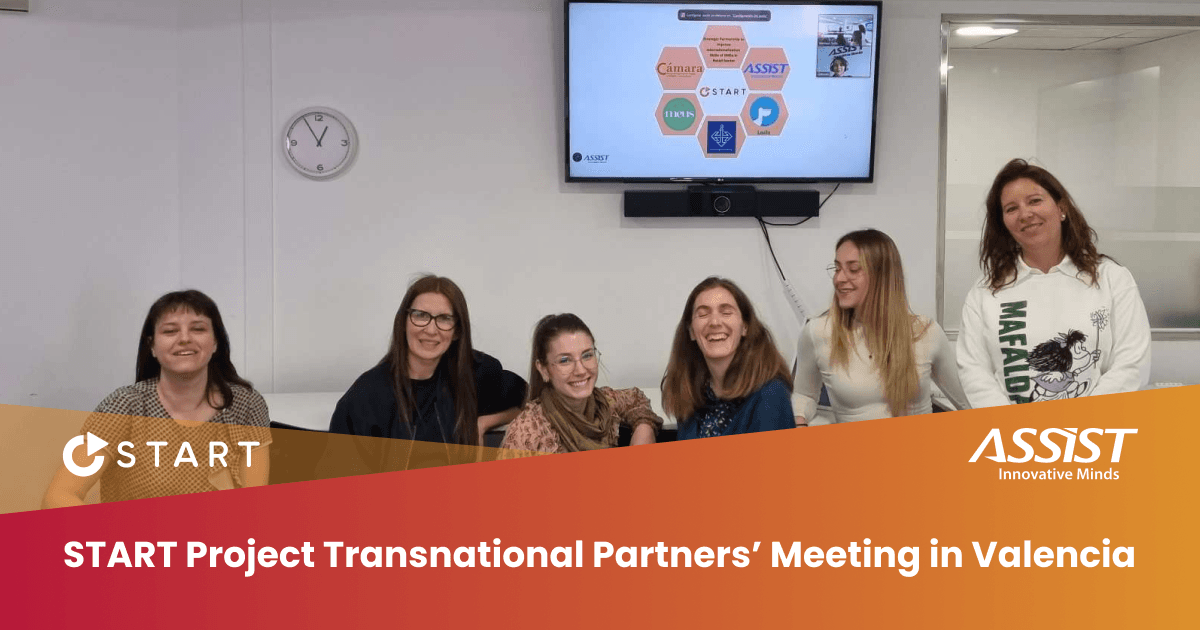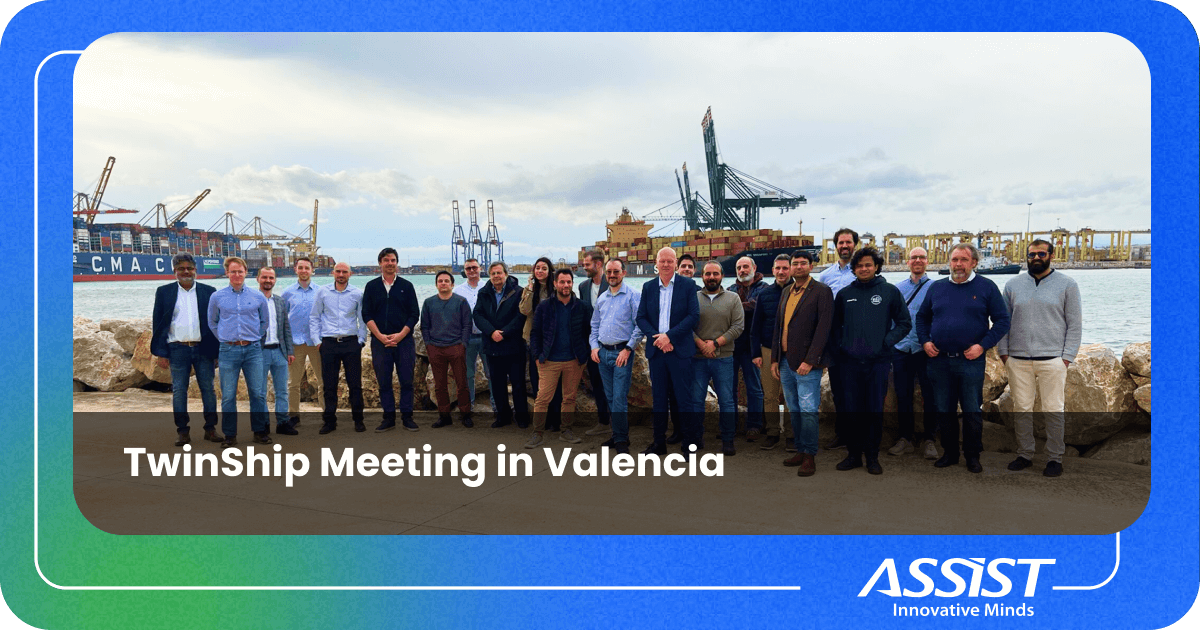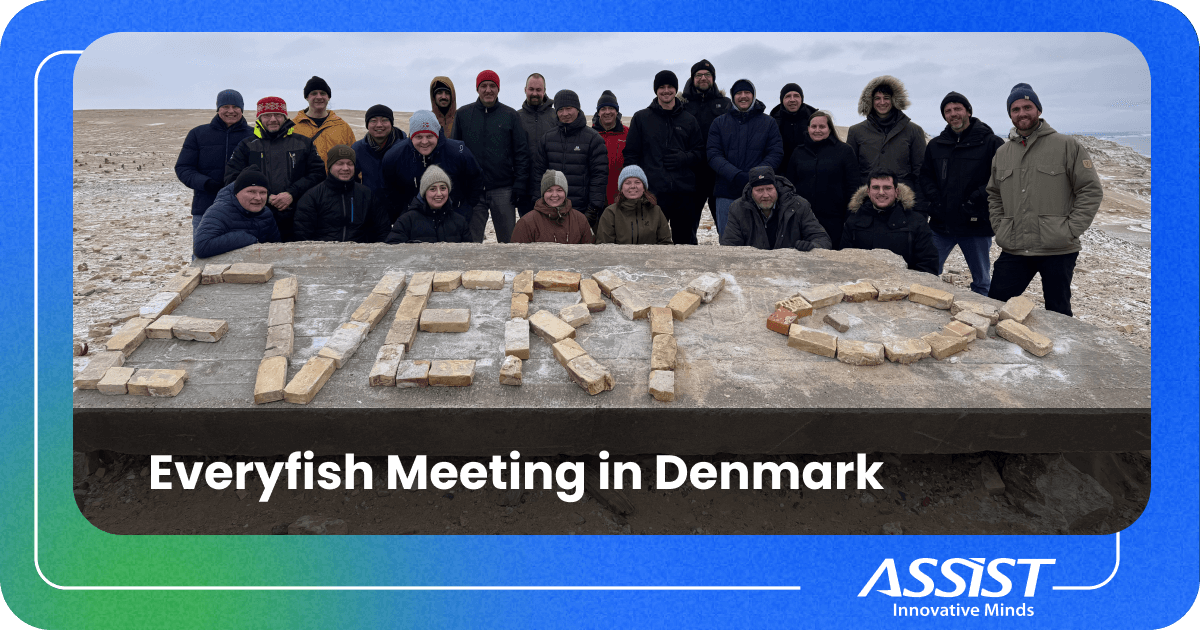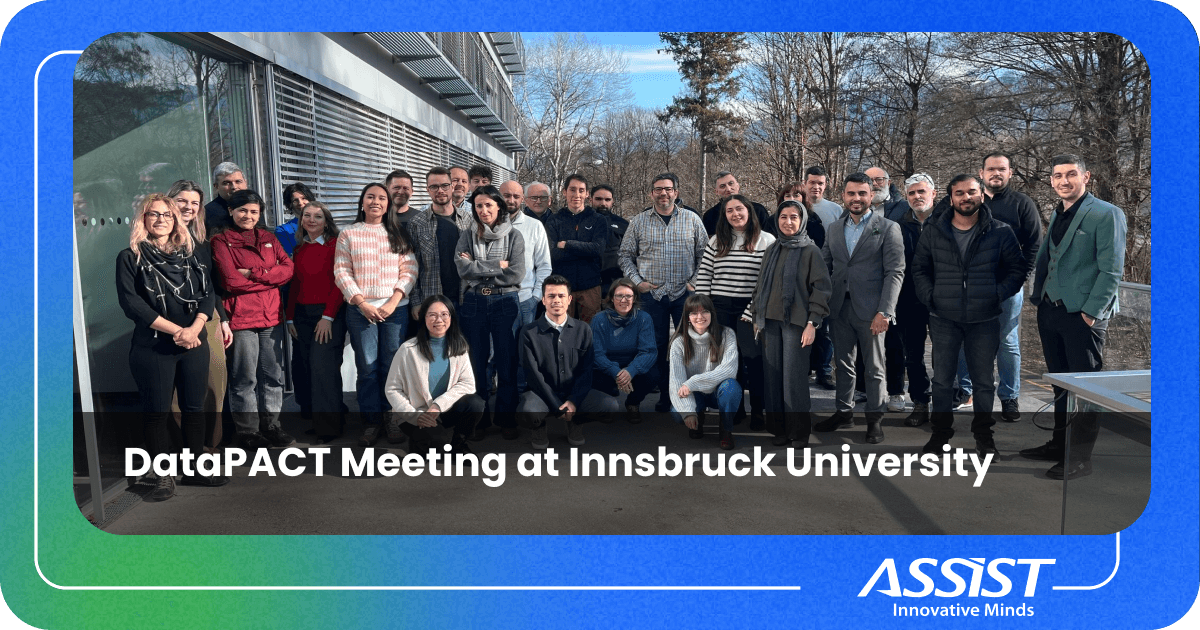The START Consortium Gets Together in Valencia

In the past few months, the projects that ASSIST Software has been involved in have achieved significant milestones. These accomplishments were marked through several Transnational Partners' Meetings held across Europe, and the START project was no exception. On March 28, 2023, the consortium gathered in the lively city of Valencia, Spain, where MEUS expertly hosted the meeting.
The event provided an ideal opportunity for partners to review the progress made thus far and strategize for upcoming activities. The meeting was productive, with partners exchanging ideas, sharing best practices, and brainstorming fresh solutions to ensure the project's success.
During the meeting, ASSIST provided a detailed overview of the project's progress, highlighting key achievements such as the development and launch of the START multilingual website and mobile app. The creation of this app was informed by extensive research conducted among European retail SMEs (Small and Medium sized Enterprise) and internationalization trainers, which yielded valuable insights into effective internationalization strategies for businesses in the retail sector.
The latter half of the project is focused on the development of the second project result: an online course aimed at enhancing internationalization skills and equipping businesses with the tools to succeed in foreign markets. ASSIST's role in this phase involves implementing and configuring a multilingual eLearning platform. To ensure alignment between the platform specifications and the online course structure, ASSIST presented the technical requirements for the distinct types of content and display options. The platform will also incorporate interactive activities to make the course more engaging for learners.
Furthermore, the partners conducted a thorough analysis of the course structure and identified the resources necessary for its development. LOVILA, our partner from Cyprus, shared the methodology and templates for four-course modules. Based on the research phase conducted in the first few months of the project, the consortium identified training gaps that needed to be addressed. Consequently, they decided upon the specific modules that would be developed within the START project:
-
Market Knowledge;
-
Digital competences, e-commerce, electronic platforms;
-
Product value, product analysis and competitiveness;
-
Legal operating frameworks in different countries.
The meeting concluded with a comprehensive discussion on various strategies to enhance the dissemination activities of the project, aiming to significantly increase its visibility and promote its outcomes. The consortium plans to achieve this by periodically publishing newsletters and press releases and conducting multiplier events in each partner country towards the end of the year.
In addition, the START consortium has scheduled a final Transnational Partners' Meeting in Brussels for December, where they will review the project's progress and develop a sustainability plan, to ensure the long-term success of the project even after its completion.



